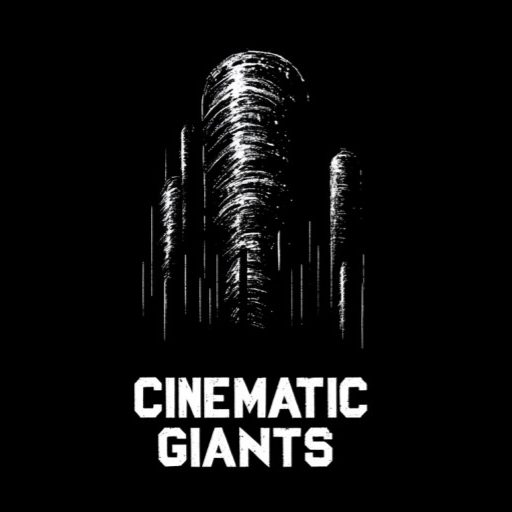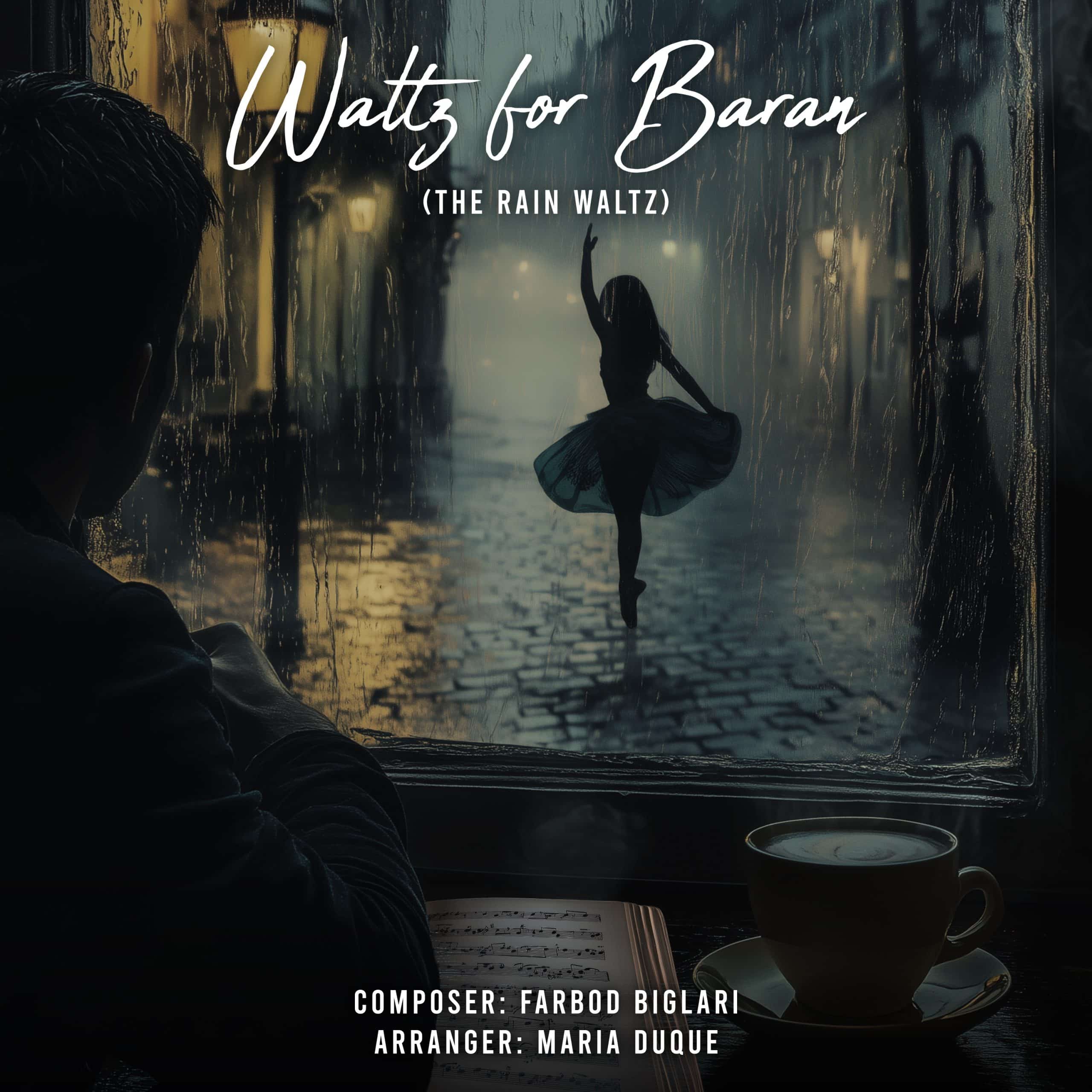With Waltz for Baran, Vancouver-based composer Farbod Biglari presents a piece shaped by memory and time. Co-created with arranger Maria Duque, this single draws from cinematic influence and sentimental roots, landing somewhere between emotional reflection and classical tribute.
The idea behind the composition began when Biglari was just a teenager, sketching out the melody on guitar. That fragment stayed with him, eventually becoming the foundation for this fully orchestrated version. The final result keeps the spirit of that early idea intact – direct and honest in tone, with no need for extra layers.
Duque’s orchestration brings depth without taking over. Her string arrangements build around the original melody in a way that keeps everything focused. There’s room for silence, space for phrasing, and a clear sense of control over each transition.
The piece is a nod to Italian composer Stelvio Cipriani, especially in how it handles nostalgia and elegance. It doesn’t copy Cipriani’s style, but it reflects that same balance between emotion and structure. Waltz for Baran would feel right in place in a quiet, character-driven film or an introspective scene – especially where memory or loss plays a role.
Biglari recorded the main theme at home in Vancouver, using a minimal setup to stay close to the original version. Duque handled the orchestration from her own space, but the result feels unified. The long-distance process didn’t take anything away from the focus or atmosphere.
This track doesn’t chase trends or try to fit into a scene. It moves at its own pace and says what it needs to without stretching anything. It feels complete, with no extra decoration.
Waltz for Baran stands on its own, shaped by years of thought, patience, and real connection to its source.
Discover more from Cinematic Giants
Subscribe to get the latest posts sent to your email.





